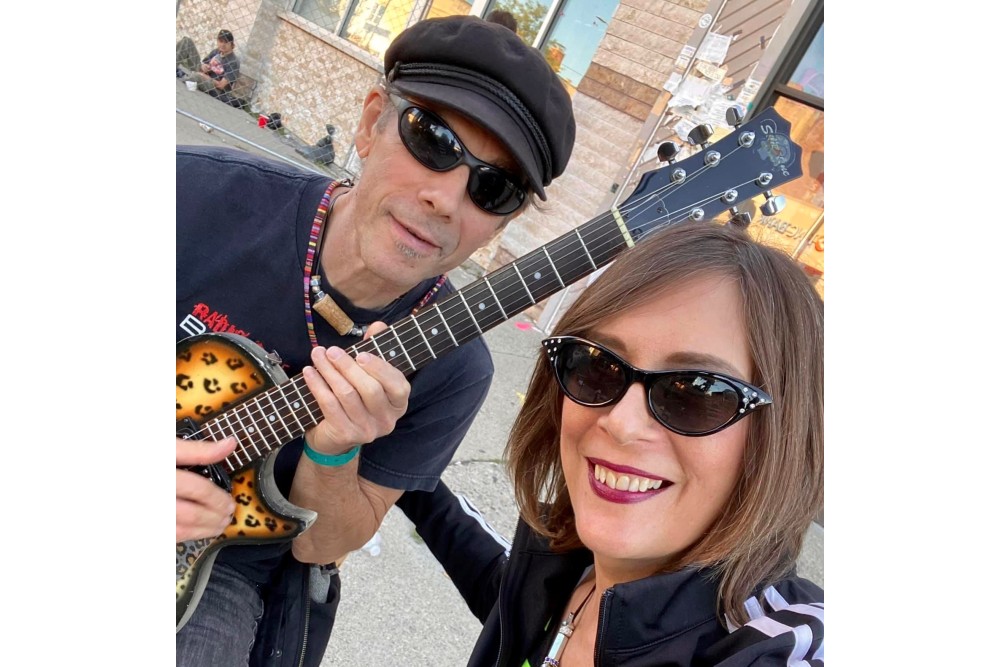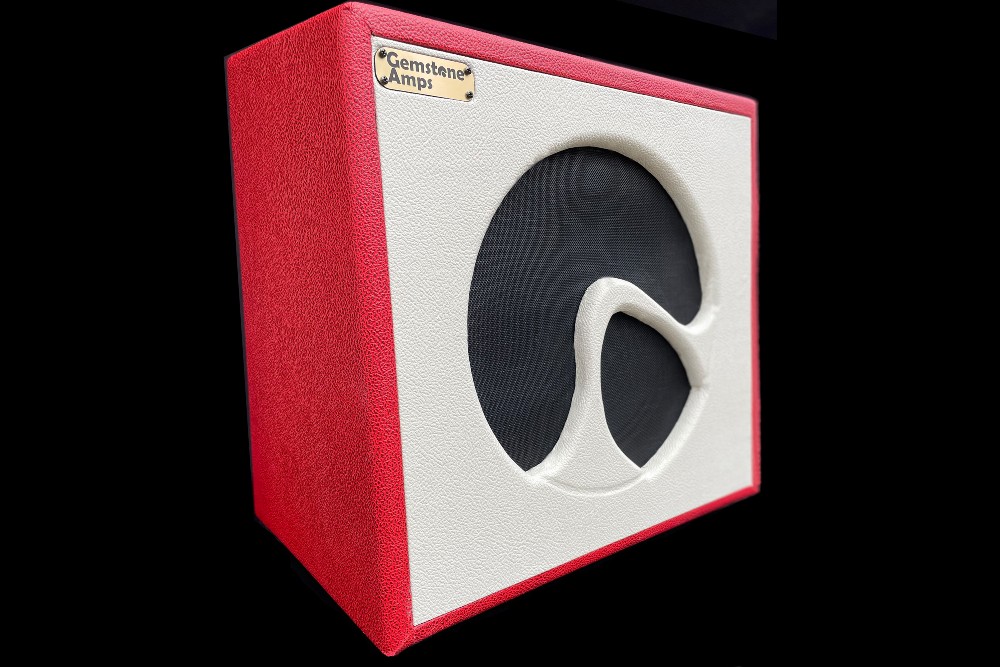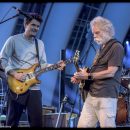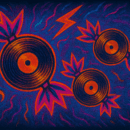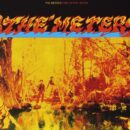In the never ending torrent of copyright cases involving the music industry, a judge recently dismissed a claim filed against Canadian rock band Nickelback and their music publisher, Warner Chappell Music Inc. The lawsuit asserted that Nickelback copied its 2005 hit “Rockstar” from an earlier 2001 tune similarly entitled “Rock Star” by a Texas group called Snowblind Revival. The lead singer of Snowblind Revival, Kirk Johnson, wrote the song. He claimed the Nickelback song had misappropriated substantial portions of his song, including the “tempo, song form, melodic structure, harmonic structures and lyrical themes.”
Federal magistrate judges handle certain matters for district court judges. In this case Magistrate Judge Susan Hightower recommended that the lawsuit be dismissed with prejudice. Judge Robert Pitman of the US District Court agreed and dismissed the case.
Judge Pitman held the songs just do not sound similar, ruling that “Simply stated, they do not sound alike…Where both songs evoke similar themes, they are rendered dissimilar through the vivid detail of the original expression in Nickelback’s lyrics.”
Lead singer Kirk Johnson of Snowblind Revival claimed the songs had many similar lyrics about making lots of money, lifestyles of rock stars and having well known friends. However, Judge Pitman held that after reviewing the subject lyrics, that contention at times “borders on the absurd.” The judge noted:
“This includes, for example, any suggestion that the two baseball analogies in Nickelback’s work are evidence that the band copied Johnston’s lyrics ‘might buy the Cowboys’ professional football team simply because both are ‘references to sports’”.
Judge Pitman ruled that the only real similarities were basic clichés “outlandish stereotypes and images associated with being a huge, famous rock star” that do not belong to any songwriter. The judge referred to 17 other songs that had similar themes about rock stars, such as the 1966 hit by the Byrds “So You Want to Be a Rock and Roll star” or Poison’s 2001 song “Rockstar.”
Judge Pitman agreed with the magistrate judge who held that Johnston’s contention that Nickelback had access to the song via third parties was “purely speculative.”
Judge Pitman ruled that the plaintiff had failed to prove that Nickelback had “access” to his song which is a requirement in a typical copyright infringement case. The judge held that the plaintiff failed to provide evidence that Nickelback had ever heard his song. If a plaintiff cannot prove access then he or she would have to prove that the two songs were “strikingly similar”, a much higher standard than if one can prove access.
The judge concluded “The court has conducted a side-by-side examination of the works, carefully listening to and considering all versions of the songs or record… As an ‘ordinary listener’, the court concludes that a layman would not consider the songs or even their ‘hooks’ to be strikingly similar.”


